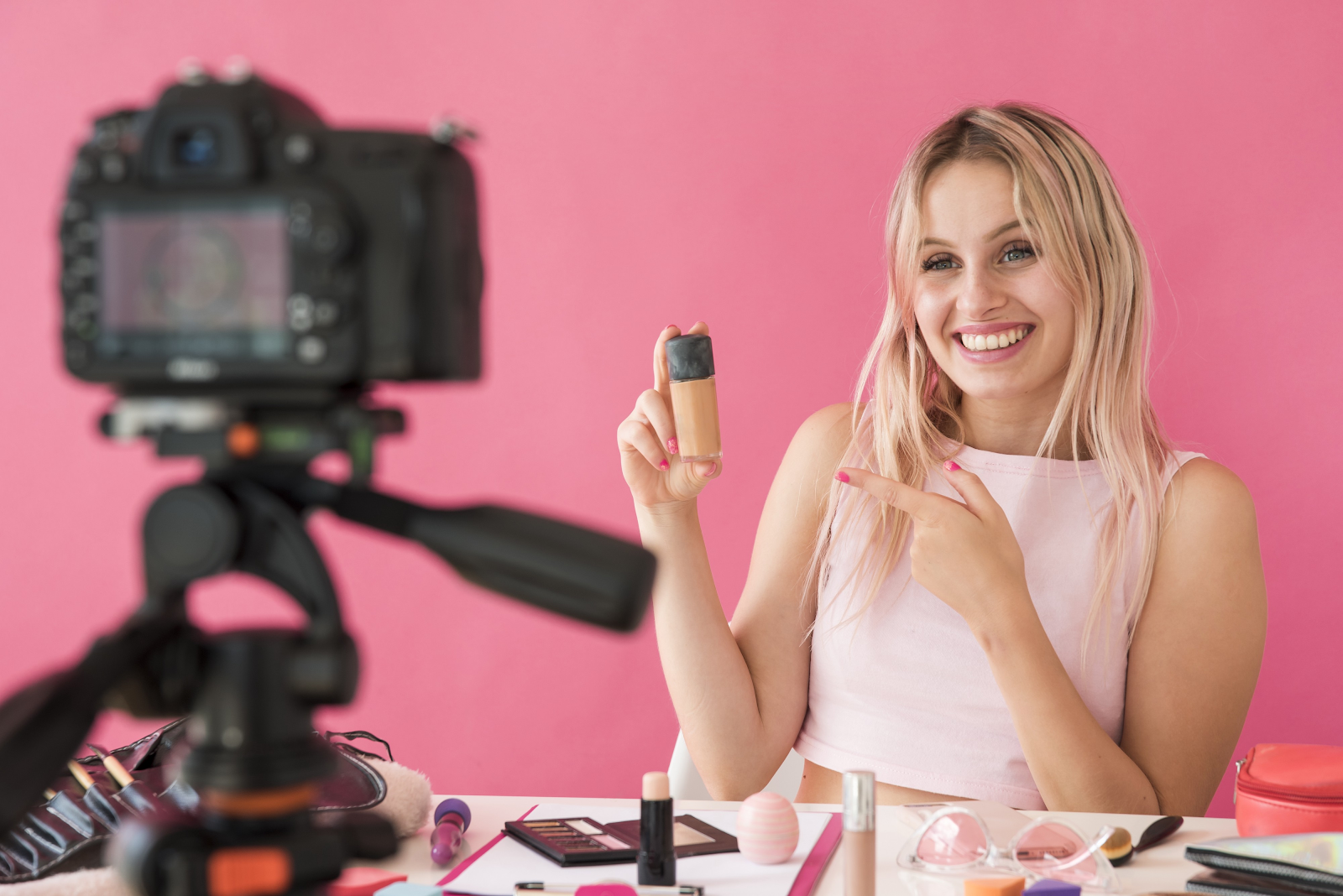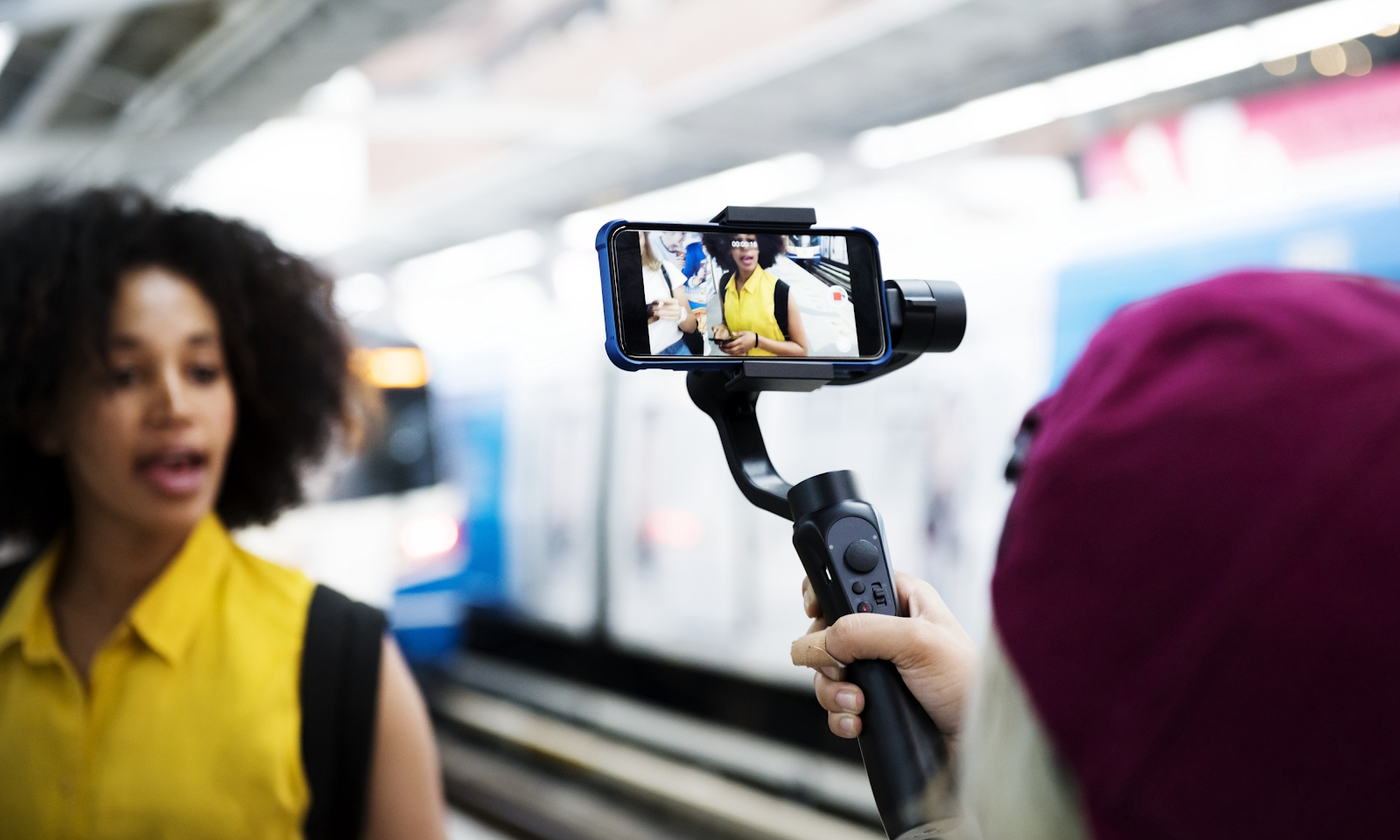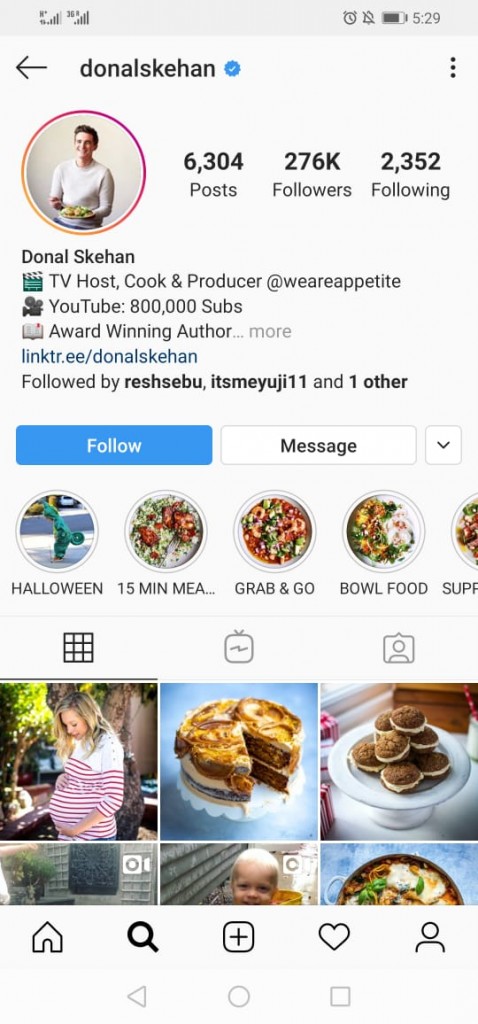6 Smart Ways To Spot Fake Influencers On Social Media (And Save Your Brand! )
November 26, 2019
Article Overview
10min read
With the increasing popularity of social media influencers, they have become a crucial part of a brand’s earned media marketing program. When we look at the marketing trends from the last five years, it is very evident that most big brands have collaborated with social media influencers across channels, with an estimated $1.5 billion spent on influencer marketing worldwide.
But who are these influencers? How do they ‘influence’ or impact your marketing efforts? Let’s take a small detour to understand the basics of influencer marketing.
When Influencers Are Born
Market researchers have found that there are approximately 3.48 billion social media users as of 2019, with a 9% growth in the numbers from the previous year. As ordinary users join the various social media platforms like Facebook, Youtube, Instagram, Twitter, Snapchat and Pinterest, many turn into content creators themselves.
From original ideas to crafting and curating content, photos, and videos, these people share everything from their own experiences to creative stories, knowledge, and insights. As more and more people ‘follow’ them on these channels, a social media influencer is born!

The Two Sides Of A Coin
While genuine influencers grow over time, amassing dedicated followers who ‘listen’ to them, influencer frauds are also growing on the sidelines. Fake influencers who use paid and unethical means to ‘boost’ their following and/or engagement are on the rise, exploiting brands and eating into a big share of their marketing budget.
Fake influencers are people who pay to boost their social media following and engagement. On the surface, they might seem like genuine accounts with a large following, but they don’t essentially influence many people. But how do you identify these fake influencers?
Finding the right influencer for your brand matters a lot, so does identifying the fake ones. In fact, it is not very difficult to differentiate between a real social media influencer and a fake account. Here are 6 smart ways to spot the real from the fake-
- Choose verified influencers
Have you noticed the blue tick verification badge on some of the celebrity profiles on Instagram? Influential people like movie stars and long term influencers have their social media profiles on Instagram, Facebook and Twitter to be verified, proving that they are really the owners of their account.
If you are working with an influencer with the verification badge, you can be sure that he or she is a real influencer who can help promote your business. But does it mean that the unverified influencers are fake? Not exactly.
As these platforms only verify celebrities, major influencers, and bigger brands, it is essential for us to consider the other 5 criteria as well to spot the fakers.

- Track the growth metrics
We already discussed that fake influencers buy their followers. As the follower count is one of the metrics that brands use when choosing an influencer, increasing this count may seem the best way for fakers to pose as genuine influencers.
To counter this issue, brands must analyze the growth of the supposed influencer’s social media account. Tools like Keyhole, AgoraPulse and free tools like Social Blade lets you analyze the growth of any social media account you are interested in. As real influencers grow over time, sudden jumps in follower counts are an indication of a paid following, which can be easily identified with the help of these tools.
- Check the engagement rates
Unbalanced engagement rates (likes, comments, shares) indicate a fake account. On average, Instagram like rate is between 1 to 5% depending upon the number of followers. For instance, for someone with 1000 followers, the number of likes can be between 10 to 50 on average. The engagement percentage of an account is calculated by dividing the engagement count on a recent post by the number of subscribers they have and multiply it by 100.
So if an influencer has 10,000 followers with 10 to 15 likes, you may want to stay away from them.
- Read between the lines of the comments
Often times there are very generic comments on a post like emojis and simple comments “Wow” or “Looks great” may not amount to be genuine. On the other hand, conversations, where people tag and discuss a post with their friends, could mean that the influencer under your radar is likely genuine.
- Influencer networks
Another great way to spot a real influencer from a fake one is to check into their networks. Most influencers interact and collaborate with others and attend similar events as part of their personal brand development. Similarly, if an account is mentioned by other influencers through photo tags and mentions, it is highly likely that it is a real influencer.
On the other hand, if the influencer you are checking out seems totally cut off from the crowd, it’s time to turn your attention elsewhere.
- Understanding the scope and reach
Fake influencer accounts mostly has bots and inactive users, which doesn’t account for any actual influence. An influencer must have a significant reach, where their posts are seen by many, which will, in turn, help your brand once you collaborate with them.
Digital marketing companies like ours utilize influencer marketing platforms that help analyze the actual reach of a post, along with an account’s growth and engagement rates. In a nutshell, proper research and paying attention to the right metrics will help your brand spot the real influencers from the fake ones.
If you are looking to partner with expert social media managers who can take care of your brand’s influencer marketing. Collaborate with us today!


 +971 52 312 2506
+971 52 312 2506




